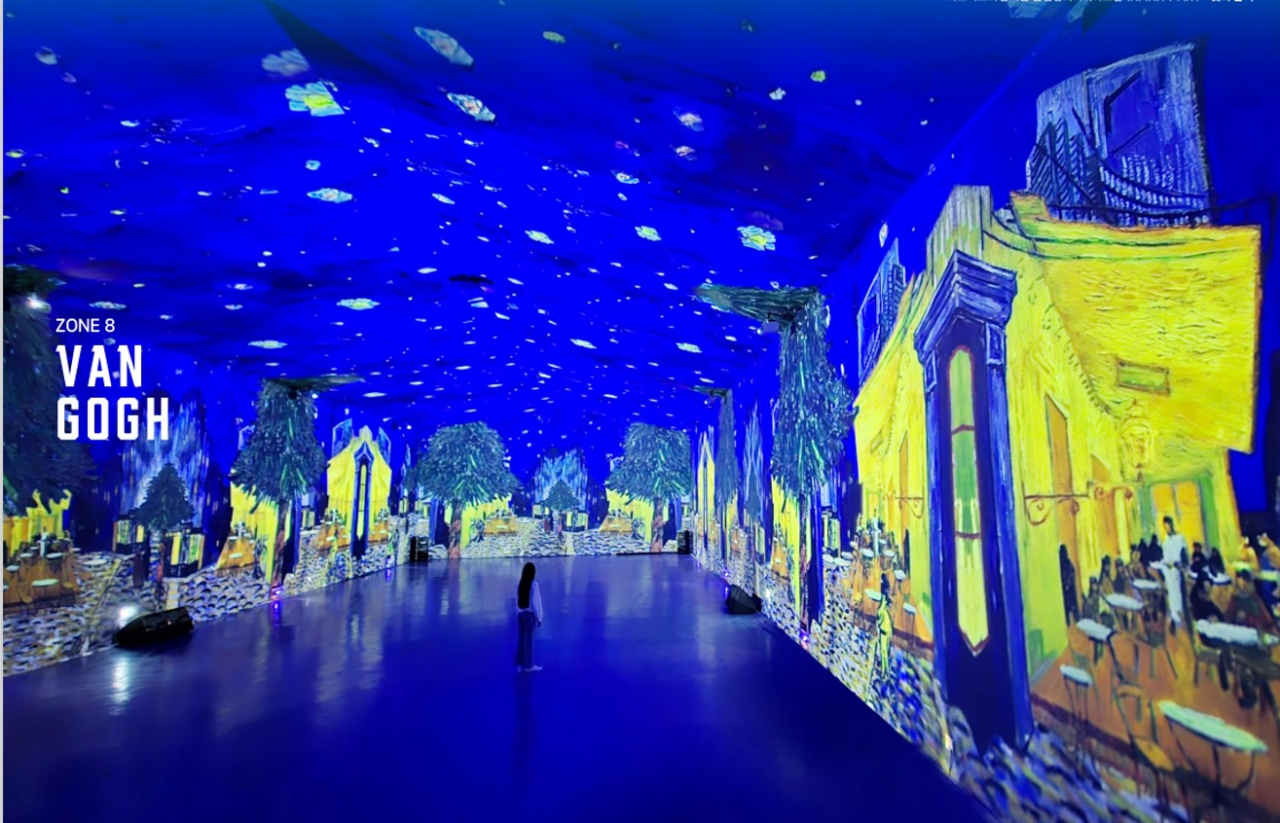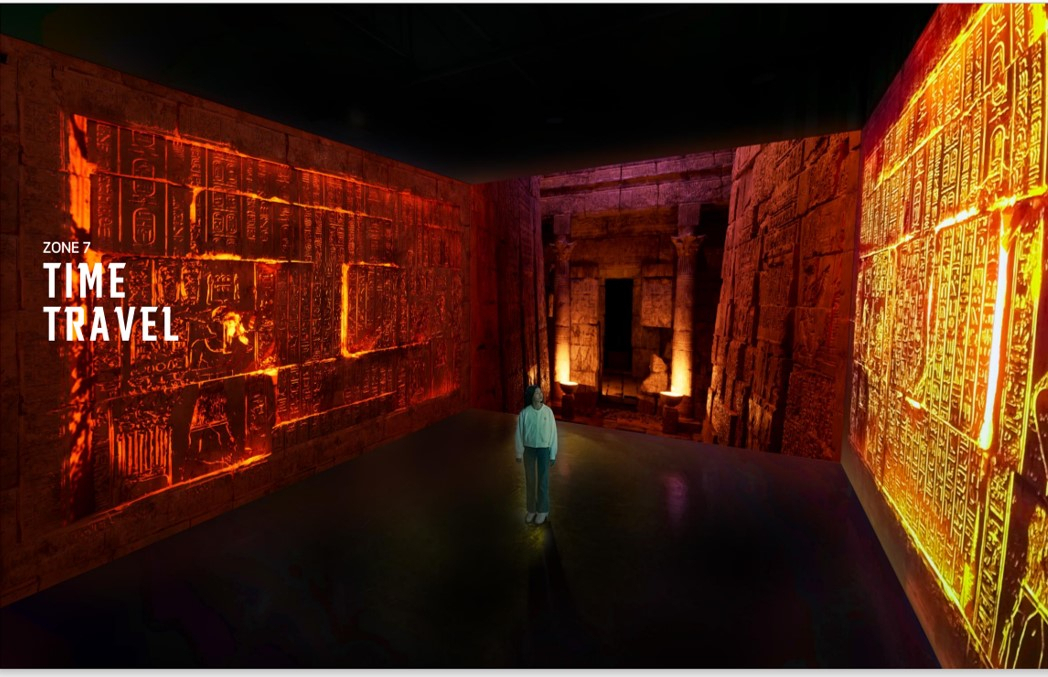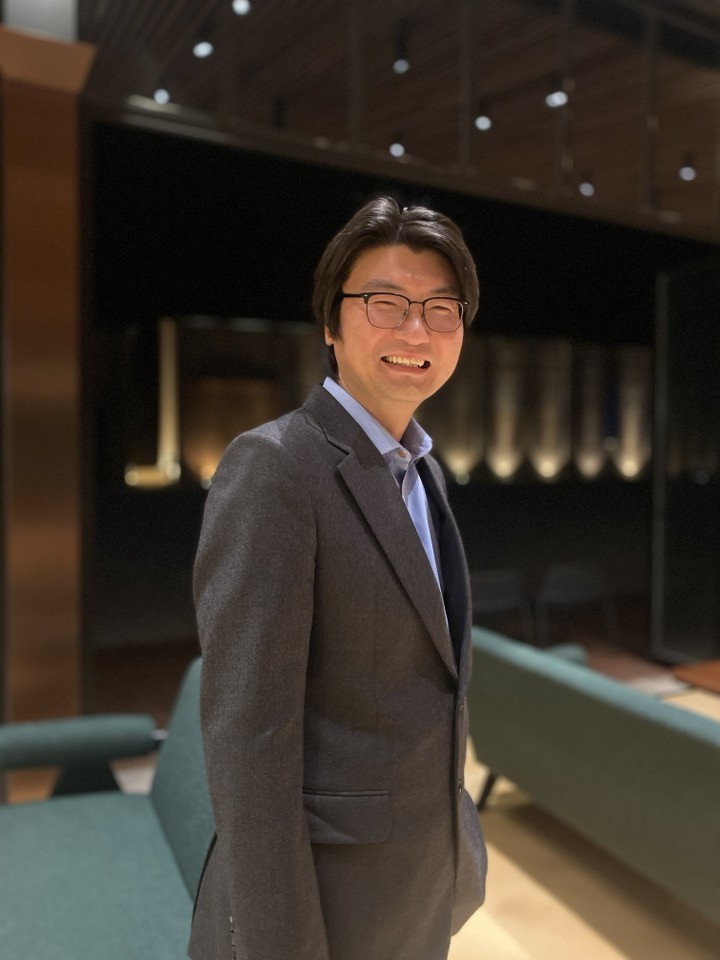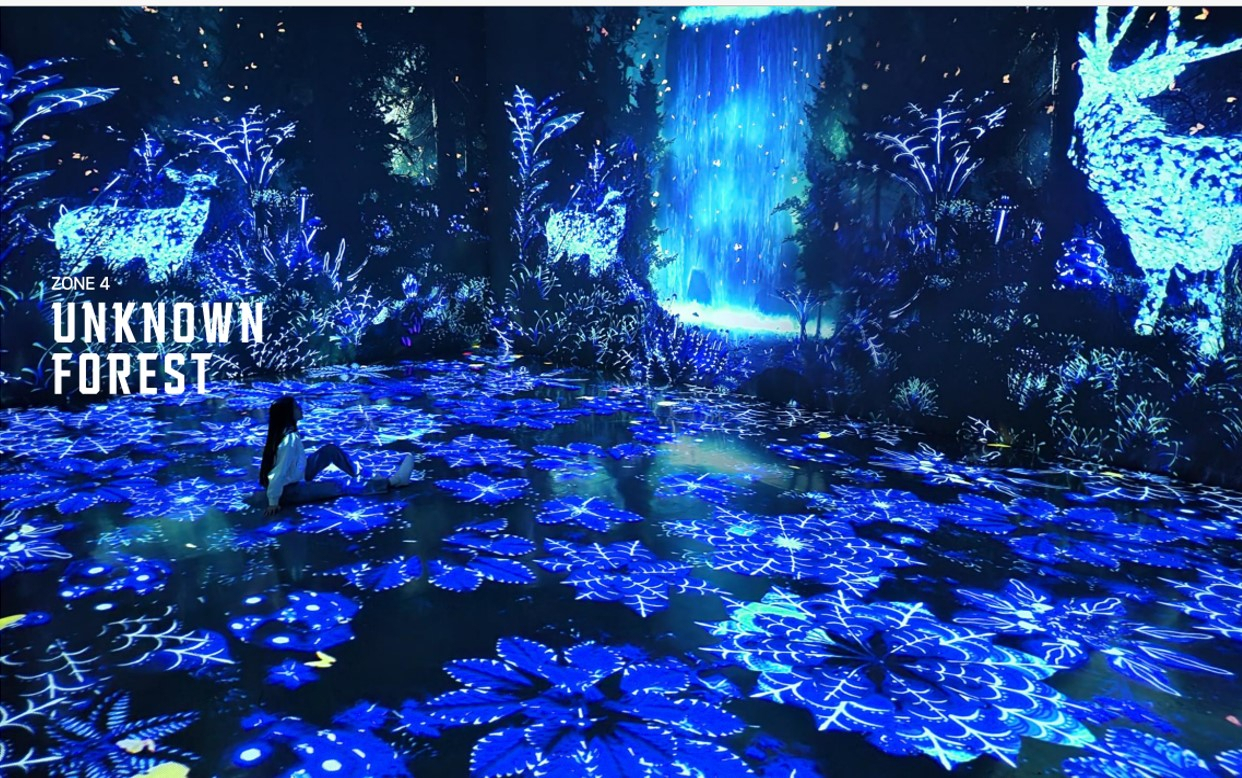 |
Art Factory Charmgiroom |
Just an hour's drive from Seoul, in the scenic Gilsang-myeon area of Ganghwa Island, lies Art Factory Charmgiroom, an immersive media art museum and exhibition space.
Once one of the largest sesame oil factories in South Korea, this expansive 23,000-square-meter complex has been upcycled into a cultural space.
The centerpiece of Art Factory Charmgiroom is its immersive media art exhibition hall which stands at an impressive 8 meters tall and stretches 120 meters in length.
 |
Art Factory Charmgiroom |
The exhibition is divided into two sections. One is themed on light and is intended to offer a transfer in time or space for visitors to experience environments difficult to reach, such as aurora-lit beaches, enigmatic forests, deep underwater realms and ancient civilizations.
The other section recreates Vincent Van Gogh’s masterpieces through immersive media art, featuring an AI-recreated voice of the Dutch painter reading his letters to his brother Theo.
 |
Kim Jeung-ho, who created Art Factory Charmgiroom (Provided by Kim Jeung-ho) |
The discovery of the oil factory building, which had been closed since 2017, was serendipitous, said Kim Jeung-ho, the mastermind behind the Charmgiroom gallery.
At that time, Kim, CEO of Knowck, a local digital media software developer and former computer science professor at Hankuk University of Foreign Studies, was looking for a place for his company’s media art project. He had the popular tourist island of Jeju in mind.
It wasn't just the abandoned factory itself that intrigued Kim; it was also its location on Ganghwa Island. Despite its proximity to Seoul and ample tourism potential with its rich history and natural beauty, the area has relatively low tourist traffic. He hoped to revitalize the area. Additionally, Jeju already has three major media art venues that have successfully established themselves in tourists' travel itineraries.
The gallery’s name, “Charmgiroom,” is a playful blend of English and Korean words and the Korean pronunciation of a Chinese character.
In Korean, sesame oil is "chamgireum.” By incorporating the English words “charm” and “room,” Kim hoped to create a charming space. The “gi” in between charm and room is explained by Kim as standing for the Chinese character for enjoy.
 |
Art Factory Charmgiroom |
The first part of the exhibition recreates breathtaking natural scenes, such as auroras and solar eclipses, immersing visitors in these spectacular events. This section features a total of seven scenes, taking visitors on a journey through mystical gardens, to ancient civilizations and underwater places where whales swim.
The second section of the gallery presents the life and works of van Gogh in a space designed like an opera house with an eight-meter domed ceiling and surround sound. The exhibit sheds light on the human side of van Gogh, offering a deeper perspective of his art beyond his massively popular paintings. Visitors are guided by the AI-recreated voice of the painter addressing his brother Theo, as they follow his life and the evolution of his works in chronological order.
For future projects, Kim has the myth of Dangun in mind. The legend says the founder of the first Korean kingdom is the son of a heavenly prince and a bear-turned-woman.
On Ganghwa Island, there are many sites related to Dangun, including Chamseongdan, which is thought of as the site where Dangun performed rituals to heaven.
The CEO also mentioned that starting in October, the gallery will offer night tours. Since tourists usually leave the island early to avoid the worst of the congestion on the two bridges to the mainland, these night tours could hopefully encourage visitors to spend the night on the island, he said.







![[Today’s K-pop] Blackpink’s Jennie, Lisa invited to Coachella as solo acts](http://res.heraldm.com/phpwas/restmb_idxmake.php?idx=644&simg=/content/image/2024/11/21/20241121050099_0.jpg)